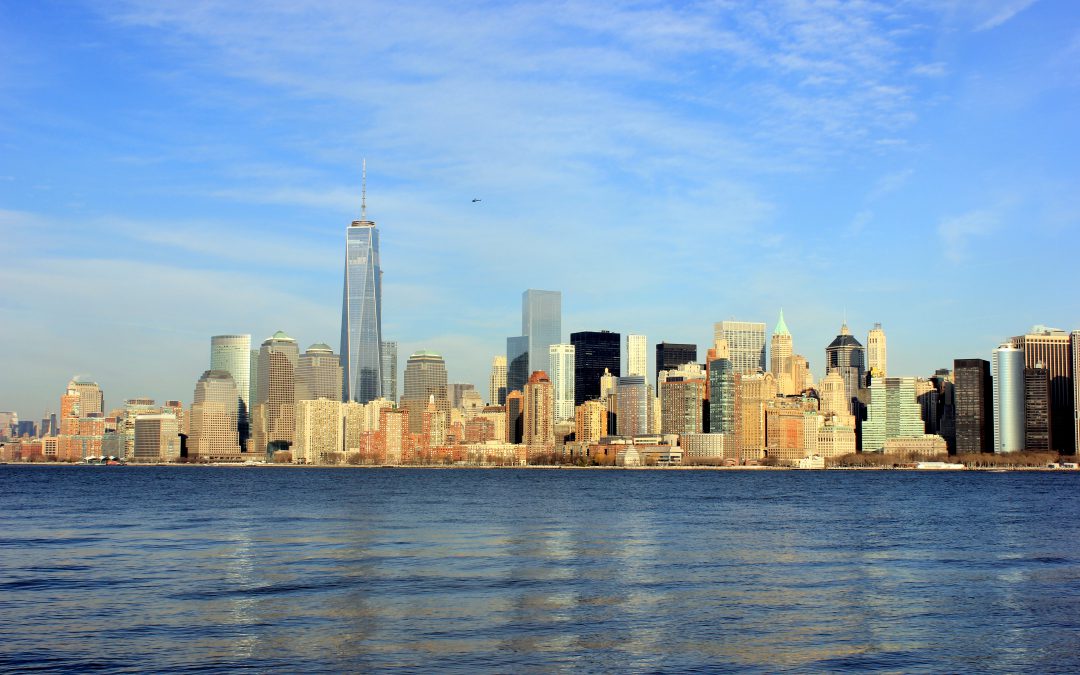NEW YORK — It ends where it all began.
For the first time since 1944, both presidential candidates will hold their Election Night festivities in midtown Manhattan — less than two miles apart. Democrat Hillary Clinton, who has reserved the 1.8 million square-foot Jacob K. Javits Center, will deliver her final remarks just blocks from the New York Hilton Midtown, where Republican Donald Trump has booked space for his “Victory Party.”
“There’s an extra dramatic quality that you wouldn’t obtain if they were in far-flung states hundreds of miles apart,” said David Birdsell, a dean at the City University of New York’s Baruch College. “It’s personal in the sense that anybody has an attachment to the place they call home. And this is home.”
The Big Apple has special significance for both candidates: Trump, a native of Queens, built his real estate empire among the city’s skyscrapers; Clinton, a transplant, began her career in elected office here as a senator representing the state. Both candidates also formally launched their presidential campaigns and established their headquarters in New York.
Before he became the city’s best known developer, Trump grew up the son of real estate mogul Fred Trump, who constructed middle-income apartment buildings in Queens, Staten Island and Brooklyn. When Donald Trump took over the family business in 1971, he refocused the company on developing luxury highrises and hotels.
“Trump has styled himself as a playboy, as a frequenter of hot spots and hotter parties,” Birdsell said. “For the truly elite of New York — the gold, the glitz, the models — the gaudiness of the whole thing has rubbed (them) the wrong way. He is the quintessential common man’s notion of how a billionaire behaves.”
Clinton took a different route. The Illinois native moved to New York in 2000 and won the Senate seat formerly belonging to Daniel Patrick Moynihan that same year. During her time in office, she aimed to create jobs for the state and also fought for health care benefits for first-responders of the 9/11 attacks.
“New York helped her as she became a presidential candidate,” said Jim Kennedy, an advisor to Clinton before and during her Senate years. “It is something of a microcosm of America — it has major cities … suburban communities, it has rural communities and so I think that range of factors … helped give her a way to talk about issues from a national perspective.”
On Tuesday, the candidates will gather at their respective camps to witness the end of a divisive campaign. They will wait for the returns at two very different venues, though only a short walk apart.
Clinton has opted to conclude her bid under a literal glass ceiling, a possible metaphor for the figurative “glass ceiling” that she says has historically kept women from attaining the nation’s highest office. Her event at the Javits Center is open to the public.
Just blocks away, Trump will hold host his own event at the Hilton Hotel — a smaller, invite-only affair.
The hotel, which claims to have hosted every U.S. president since John F. Kennedy, has previously housed major events in its landmark ballrooms. In July, Trump used one of those rooms to announce his running mate, Indiana Gov. Mike Pence.
New York officials and Secret Service have taken extra security precautions ahead of the festivities, adding thousands of additional police officers and enacting traffic-free zones around the two event spaces. Officials advise the public to expect tight security when both candidates arrive in the city.
“With the parties so close to one another, there is at least the prospect that … there could be protests,” Birdsell said. “That is only possible with this kind of super-close proximity.”

